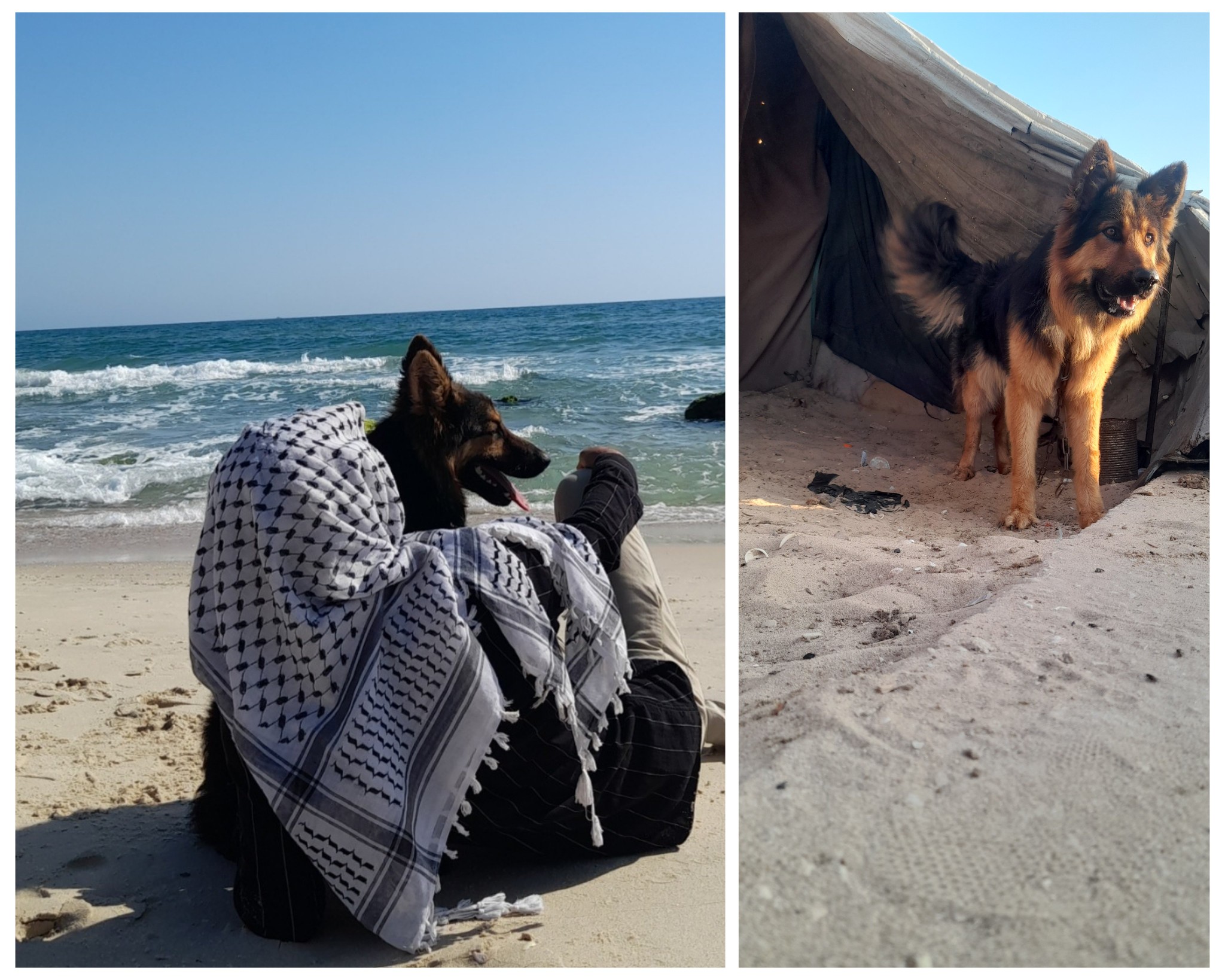Will Trump’s fast-track and transactional diplomacy lead to Nobel Peace Prize?

The Nobel Peace Prize has a history of turning political moments into global milestones. For US presidents, the list is short: Theodore Roosevelt in 1906, Woodrow Wilson in 1919, Jimmy Carter in 2002, and Barack Obama in 2009. Each recognition came with a sense that something tangible had shifted—either a war had ended, or a new framework for peace had been set in motion. The committee usually looks for results that feel bigger than the person being awarded.
Donald Trump, if his own remarks are any guide, would not mind seeing his name added. He has often said he wants to "surpass Obama" and likes presenting himself as a dealmaker who can stop wars faster than anyone else. The recent meeting with Vladimir Putin in Anchorage, Alaska, was staged as one of those opportunities. The optics were dramatic: Putin, welcomed with red carpet treatment on US soil for the first time since the start of the Ukraine War in 2022; Trump, smiling and shaking hands as if he was already halfway to a peace deal.
But the outcome was thinner than the build-up. After three hours behind closed doors, the two men appeared together and spoke in vague terms about "progress." There was no ceasefire, no concrete breakthrough. Trump repeated his familiar line—"no deal until there's a deal"—and promised to brief NATO leaders and Ukraine's president, Volodymyr Zelenskyy. Putin, more upbeat, called the meeting "long overdue" and framed it as the beginning of a path to peace, but he offered nothing indicating he was ready to scale back the war.
For Putin, just showing up in Alaska was a win. He got an image makeover: a statesman once again welcomed on Western soil, not a pariah boxed out of summits. The handshakes and warm words cost him nothing, and he left without conceding territory or security guarantees. For Trump, the meeting gave a platform to present himself as the only American leader capable of bringing Russia to the table. He later told Fox News that Zelenskyy "has to make a deal," framing Ukraine's choices as the hinge on which peace will turn.
That bluntness is classic Trump. He likes the big reveal, the fast track, the headline-grabbing moment. His style echoes the old superpower summits, when Washington and Moscow carved out spheres of influence over smaller countries. The difference now is that Ukraine is not a pawn but a sovereign state, fighting for survival, and Europe expects to be consulted at every step. Bargaining "over their heads" risks undercutting allies who would be critical in enforcing any settlement.
The Alaska talks underline both the appeal and the risk of Trump's approach. His defenders say his unpredictability keeps rivals off balance, and sometimes disruption can break the deadlock. The counterargument is just as strong: rushed deals rarely last. A ceasefire slapped together in a day could unravel within months, especially with deep territorial disputes and Europe's security architecture at stake. Roosevelt's peace deal between Russia and Japan held for nearly a decade; Trump's would need to survive its first year without collapsing.
There's also the question of buy-in. NATO allies want ironclad guarantees that Ukraine's sovereignty won't be traded away. European leaders, after Trump's calls, praised his effort but stressed that international borders "cannot be changed by force." That line was less about Putin and more about warning Trump not to accept a land swap that Kyiv itself rejects. Zelenskyy, for his part, welcomed the idea of a trilateral meeting with the US and Russia but reminded everyone that Europe must be involved at every stage.
The Nobel committee tends to reward not just boldness but durability. Roosevelt had a treaty. Wilson had the League of Nations. Carter had Camp David, sustained with US support for decades. Obama's prize was more aspirational, but it reflected a belief in a moral shift in US diplomacy. Trump's bid, by contrast, rests on his ability to turn flash into something that endures—no easy task when the core conflict shows little sign of winding down.
Still, the Alaska summit showed why Trump's name keeps popping up in these conversations. He creates high-visibility turning points, even if they end without a deal. He projects confidence that he, alone, can cut through the fog of war. For his supporters, that willingness to try, and to shake hands with adversaries others would not touch, is itself a step towards peace. For critics, it is theatre that allows Putin to buy time while the war grinds on.
When the two men wrapped up their remarks in Anchorage, Putin quipped, "Next time, in Moscow." Trump smiled and didn't rule it out. The line captured the unsettled nature of the moment: nothing resolved, everything still possible, and both leaders walking away with something to claim. For Trump, it is another chance to frame himself as a peacemaker. For Putin, it is proof he is no longer isolated. For Ukraine, the war rages on, waiting to see if Trump's fast-track diplomacy is substance or just another show.
Whether Trump's approach can translate vague progress into a lasting framework for peace remains uncertain, but the possibility keeps his name in the conversation for Oslo. The question lingers like an unfinished play: Nobel or not Nobel—that is the riddle Trump seems determined to keep alive.
Syed Raiyan Amir is senior research associate at The KRF Center for Bangladesh and Global Affairs (CBGA). He can be reached at raiyancbga@gmail.com.
Views expressed in this article are the author's own.
Follow The Daily Star Opinion on Facebook for the latest opinions, commentaries and analyses by experts and professionals. To contribute your article or letter to The Daily Star Opinion, see our guidelines for submission.




 For all latest news, follow The Daily Star's Google News channel.
For all latest news, follow The Daily Star's Google News channel. 

Comments